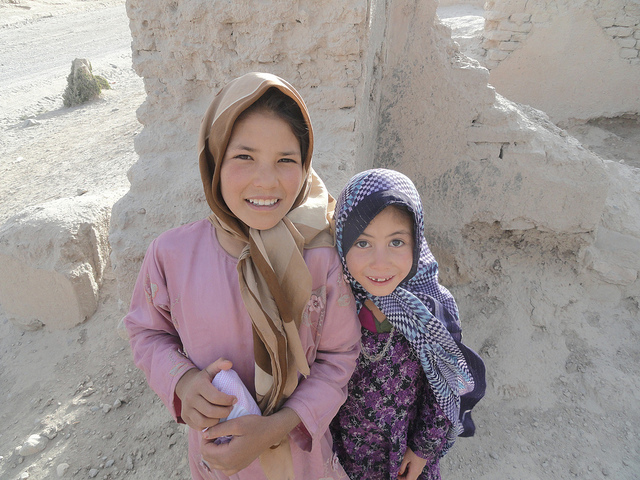Addressing Nine Important Facts about Poverty in Georgia
 The small and ancient nation of Georgia, home to the highest mountain range in Europe called the Caucasus Mountains, borders Russia and Armenia. It was one of the first countries in the world to officially adopt Christianity and has a long, rich history intertwined with religion. Poverty in Georgia remains an ongoing concern.
The small and ancient nation of Georgia, home to the highest mountain range in Europe called the Caucasus Mountains, borders Russia and Armenia. It was one of the first countries in the world to officially adopt Christianity and has a long, rich history intertwined with religion. Poverty in Georgia remains an ongoing concern.
Here are nine facts about poverty in Georgia.
- Many more Georgians report being unemployed than the official unemployment rate. The official unemployment rate in Georgia is 12 percent, but a whopping 68 percent of the population consider themselves unemployed.
- The separatist conflicts in Abkhazia and South Ossetia are a major cause of poverty in Georgia. Georgia officially recognizes both provinces as its territory, despite the states’ attempts to secede to Russia with the assistance of the Russian military. This follows an earlier armed conflict in these regions in 1992-1993.
- One in five Georgians lives below the poverty line. Officially, 20.1 percent of Georgians live below the relative poverty line.
- Despite being a largely agricultural nation, much of the produce in Georgia is imported. With the exception of potatoes and onions, many fruits and vegetables sold in Georgia’s markets come from Turkey, Greece or even Iran.
- Dependency is common. The dependency ratio in Georgia is 1:1.2, compared to the suggested level of one dependent per three people.
- One of the biggest contributors to poverty in Georgia is its failing pension system. Due to the aforementioned underemployment of citizens, many workers don’t pay taxes, leaving few funds for the pension system. To make matters worse, there are tens of thousands of likely nonexistent “ghost recipients” receiving government pensions.
- Poverty varies from region to region. Places like the mountainous, isolated Imereti and former Soviet industrial zones have suffered the worst, while more agricultural regions have fared better.
- Georgia now associates with the E.U. in various capacities, having signed an association agreement with the European Union that took effect in 2016. The E.U. has also loosened restrictions on the visas of Georgians working within its borders. This will hopefully have a positive effect on Georgia’s economy and lessen poverty in Georgia.
- Georgia has made some important political reforms. In particular, the success of various electoral and local government reforms was made clear in the parliamentary elections of 2012.
In order to combat the growing effects of poverty in Georgia, it is necessary that the country’s citizens receive help in the form of both domestic and foreign aid. With hope, Georgians can be lifted out of their joblessness and set out on a path to a brighter future.
– Andrew Revord
Photo: Flickr
